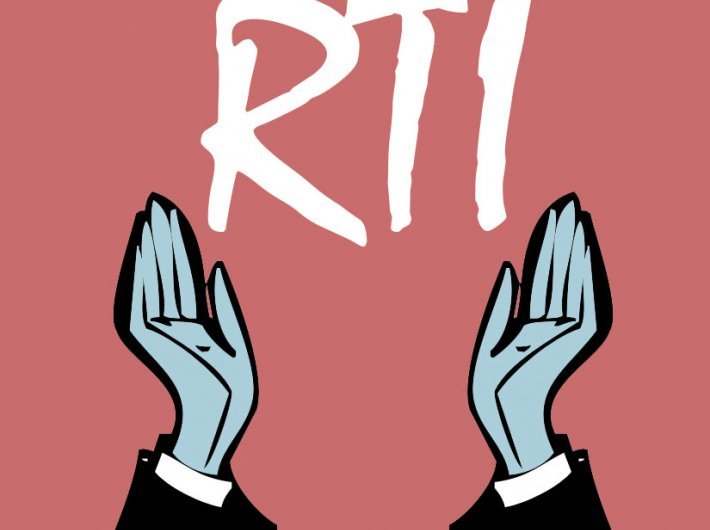If you are an RTI activist or someone who intends to use RTI to expose any wrongdoing, then a new set of proposed rules should leave you very worried. It says that the proceedings pending before the commission shall abate on the death of the appellant, which clearly makes RTI activists vulnerable.
The government has sought suggestions for the new draft RTI proposal and the proposed rules are meant to replace the RTI rules of 2012.
(1) The Commission may in its discretion allow a prayer for withdrawal of an appeal if such a prayer is made by the appellant on an application made in writing duly signed or during hearing. However, no such prayer may be entertained by the Commission after the matter has been finally heard or a decision. or order has been pronounced by the Commission.
(2) The proceedings pending before the Commission shall abate on the death of the appellant.
In other civil matters, the next of kin can be made a party to a case. But, this will no longer be so. If the appellant dies, then the matter is over. This can clearly pose a threat to the lives of people who successfully use RTI for various expose.
It would have been better if the RTI case would have continued even after death, since the whole idea of having the RTI is to bring out the shortcomings.
The proposed rules have been put up on the Department of Personnel and Training website for comments from people.
The fees too has gone up. The proposed new rates are:
(a) Rs two for each page in A-3 or smaller size paper;
(b) actual cost or price of a photocopy in large size paper;
(c) actual cost of price for samples of models;
(d) Rs 50 per diskette or floppy;
(e) price fixed for a publication or Rs two per page of photocopy for extracts from the publication;
(f) no fee for inspection of records for the first hour of inspection and a fee of Rs 5 for each subsequent hours or fraction thereof; and
(g) so much of postal charge involved in supply of information that exceeds fifty rupees.
In the procedure for deciding complaints, the rule makes it clear that “the Commission may in its discretion allow a prayer for any amendment of a complaint during the course of its hearing, including conversion of the complaint into second appeal, if available remedies have been exhausted, on a prayer made by the complainant. However, no such prayer may be entertained by the Commission after the matter has been finally heard or a decision or order has been pronounced by the Commission”.
In the case of appeal, there is going to be a lot of paperwork:
Any person aggrieved by an order passed by the First Appellate Authority or by non —disposal of his appeal by the First Appellate Authority, may file an appeal to the Commission either online or offline in the format and shall be accompanied by the following documents, duly authenticated and verified by the appellant, namely:-
(i)a copy of the application submitted to the Central Public Information Officer;
(ii) a copy of the reply received, if any , from the Central Public Information Officer;
(iii) a copy of the appeal made to the First Appellate Authority;
(iv) a copy of the order received, if any, from the First Appellate Authority;
(v) copies of other documents, if any, relied upon by the appellant and referred to in his appeal;
(vi) an index of the documents referred to in the appeal;
(vii) A request for condonation of delay in submission of appeal wherever required, giving reasons.
(viii) A certificate stating that the matter under appeal has not been previously filed and disposed or are pending, with the Commission or any court; and
(ix) Proof of service of appeal to respondent.
